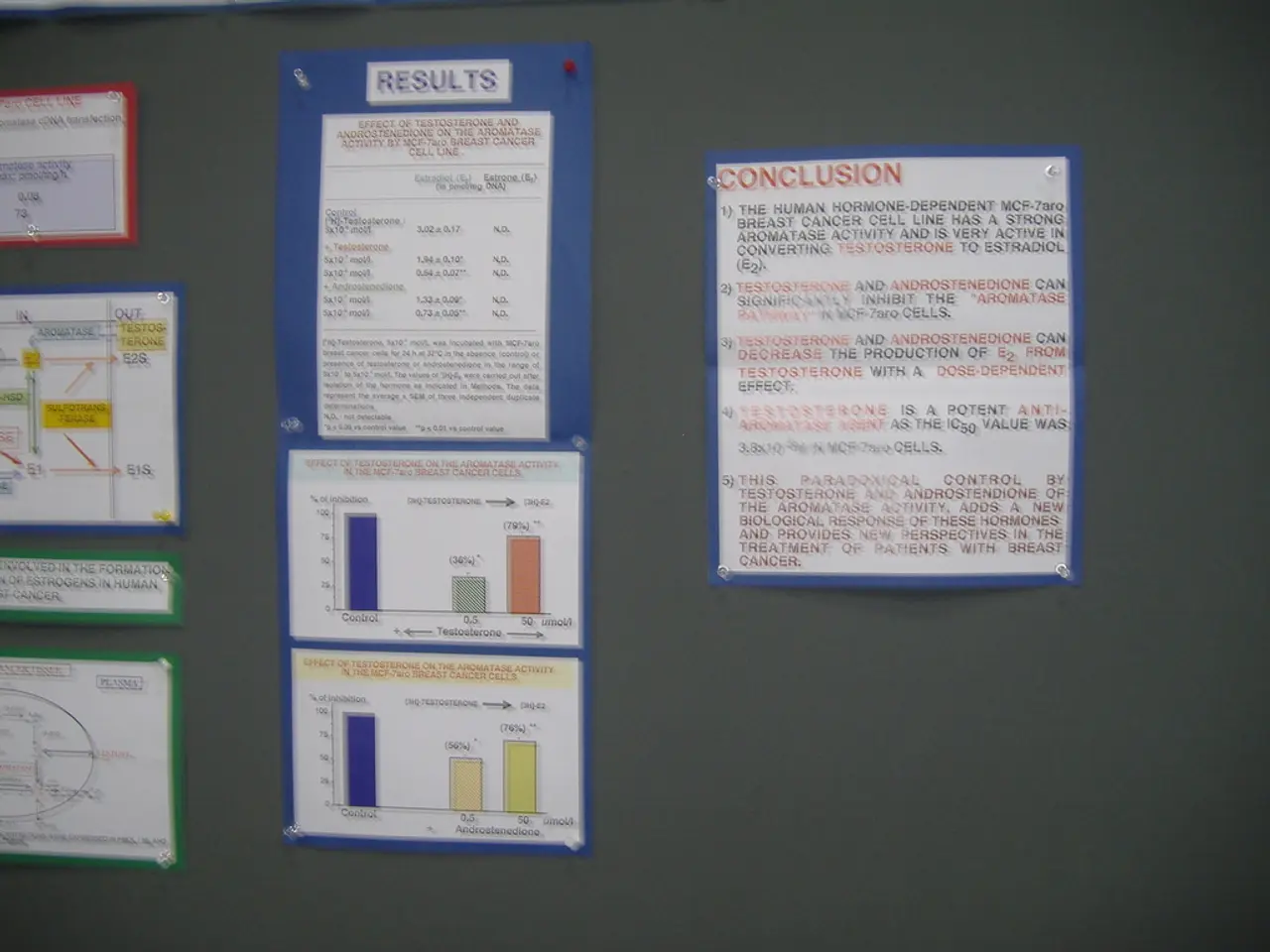Avoid Unnecessary Anxiety: Choose to Decline
In our fast-paced world, the art of saying no can often be overlooked. However, understanding its importance and learning how to do it effectively is crucial for maintaining a balanced life and avoiding unnecessary stress.
According to Scott Bea, PsyD, a clinical psychologist specialising in clinical psychology, the consequences of saying yes too much can be profound. Overdoing anything, including work, can result in less time for enjoyable activities and even physical symptoms of stress, such as muscle pain or gastrointestinal discomfort.
People pleasers, those who say yes to avoid feelings of guilt or to avoid disappointing someone, are particularly susceptible to this issue. They may find themselves overburdened, leading to feelings of anger or resentment and a lack of balance in their lives.
One strategy to overcome this struggle is to rehearse a refusal. Dr. Bea suggests that being prepared can make the act of saying no feel less daunting when the time comes. However, it's essential to remember that a refusal should be direct but delivered with empathy to maintain a positive relationship.
Another factor that contributes to the difficulty in saying no is the fear of missing out (FOMO). In some cases, the desire to be involved in everything can lead to taking on too many tasks. To combat this, it's important to remember that it's okay to prioritise self-care and personal well-being.
Saying no can also help avoid feelings of betrayal and letdown from the person asked. When we say yes when we mean no, we may set unrealistic expectations that can't be met, leading to disappointment.
In more severe cases, seeking help from a therapist may be necessary to overcome the struggle to say no. Therapy can provide a safe space to explore the reasons behind the compulsion to overdo it and develop strategies to say no effectively.
Additionally, offering alternatives can help remove a burden for the person asking. Instead of a flat-out refusal, suggesting an alternative solution can maintain a sense of collaboration and keep the relationship positive.
Finally, the human brain's desire for closure can make it difficult to say no. We strive for a sense of everything being right and finished, but sometimes it's necessary to accept that not everything can be completed immediately. Suggesting openness to reconsideration at a later time can help alleviate this pressure and maintain a positive relationship.
In conclusion, learning to say no is an essential skill for maintaining a balanced and stress-free life. By understanding the reasons behind the struggle and developing strategies to overcome it, we can take control of our schedules and prioritise our well-being.
Read also:
- Magnesium-Rich Beverages: Origins, Advantages, and Potential Hazards
- Chinese Rare-Earth Mining Endangers the Mekong River's Integrity
- Deteriorating munitions are submerged in the Baltic Sea, and Germany aims to retrieve them before it's too late.
- Individuals Should Act if Drivers Display Risky Behavior - National Safety Awareness for Passengers Week







